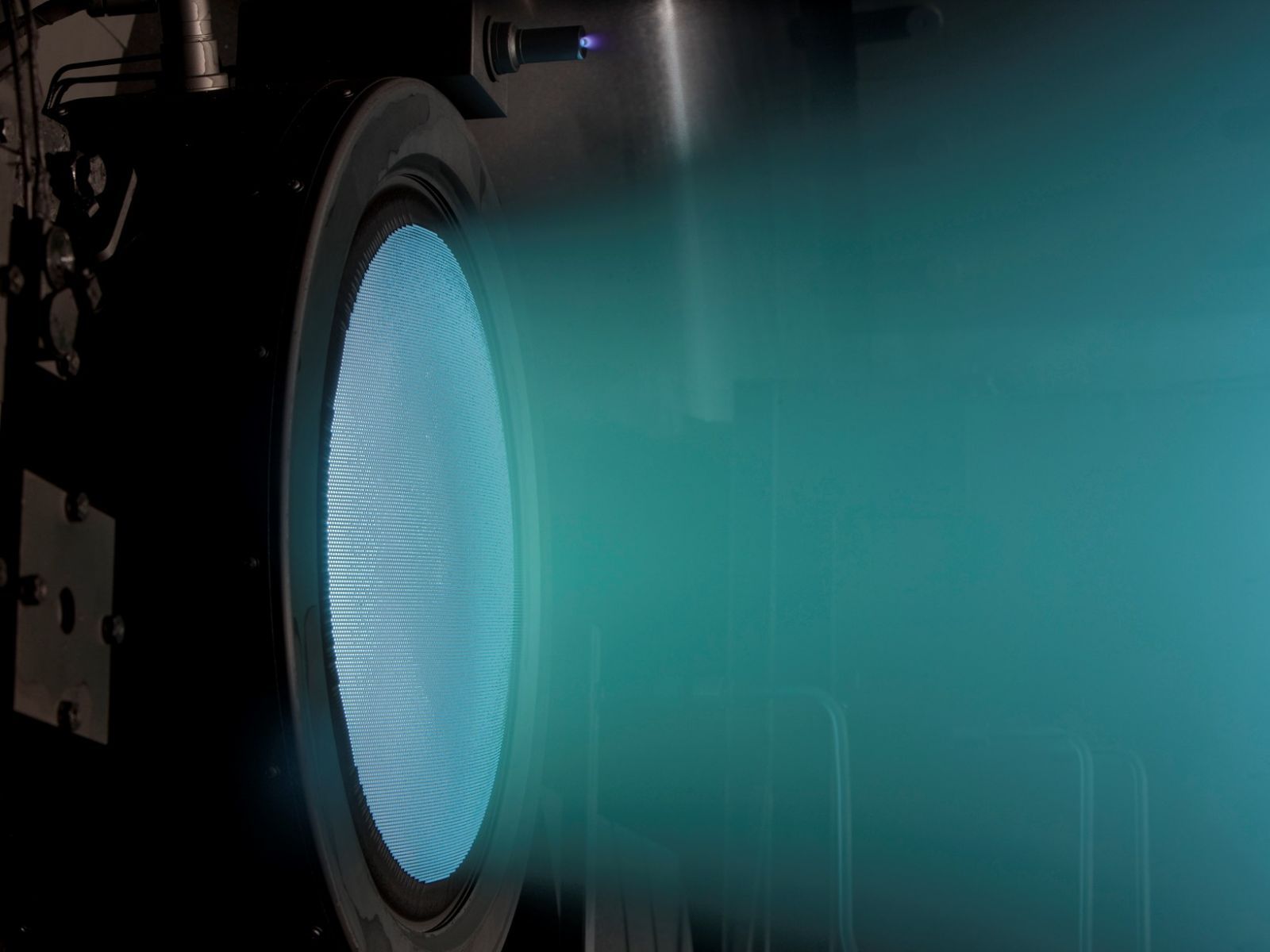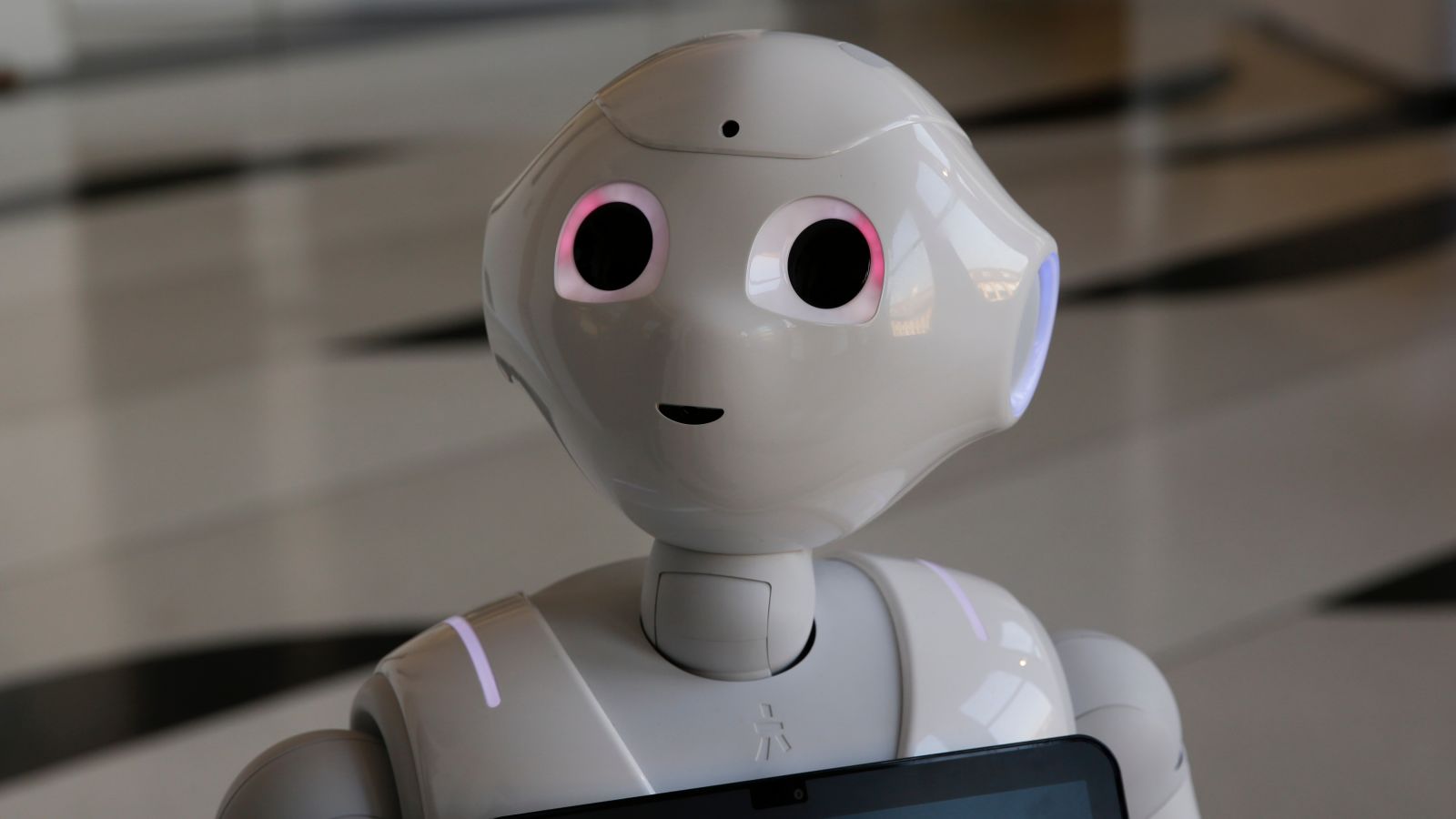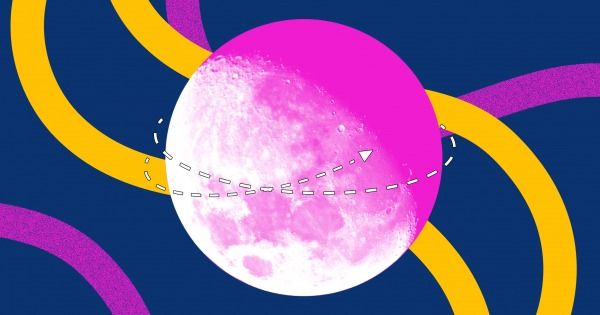Apr 14, 2018
China hopes to build the chips that will control millions of driverless cars
Posted by Shailesh Prasad in categories: robotics/AI, transportation
The nation’s insatiable desire to build its own hardware naturally extends to the world of robo-taxis.
Backstory: China has made no secret of wanting to design and produce huge numbers of its own chips. It’s already gunning to build the processors that power an impending wave of artificial-intelligence hardware.
The news: Bloomberg reports that domestic firms are also expected to build the chips that will be the brains behind the nation’s robotic cars. Startups like Horizon Robotics, founded by the former chief of Baidu’s Institute of Deep Learning, are scrambling to build low-power devices that process data from sensors dotted around cars.
Continue reading “China hopes to build the chips that will control millions of driverless cars” »


















